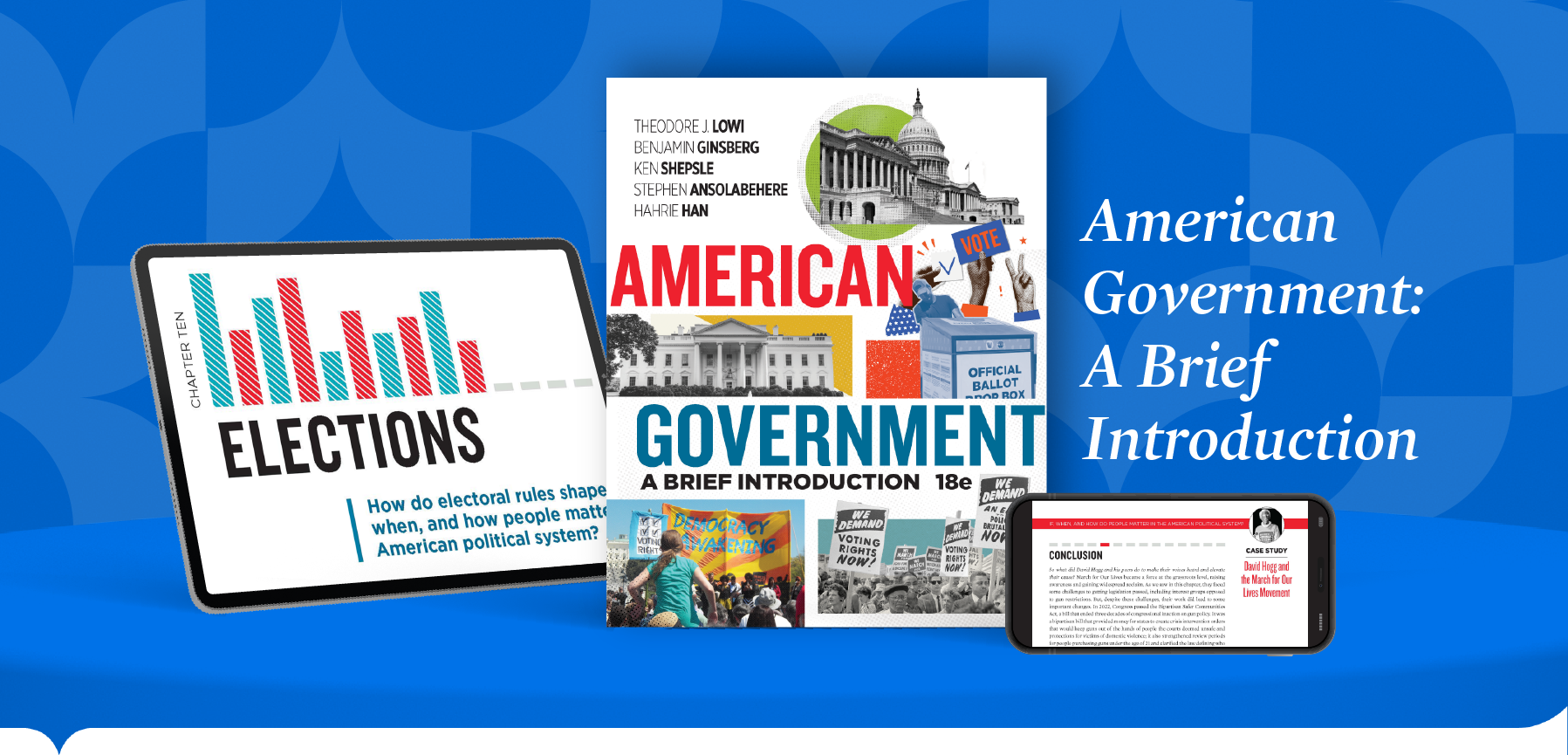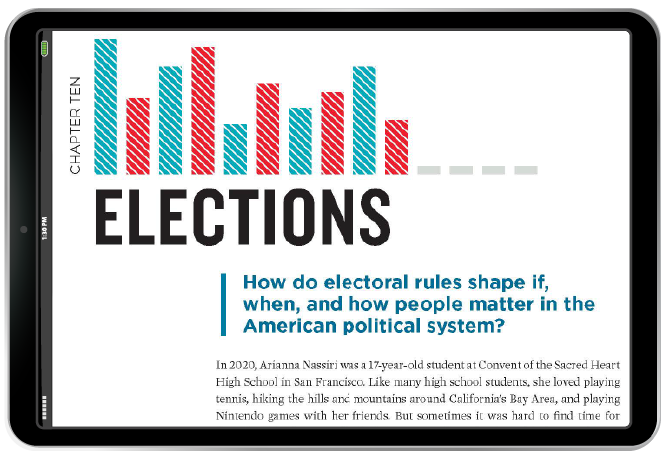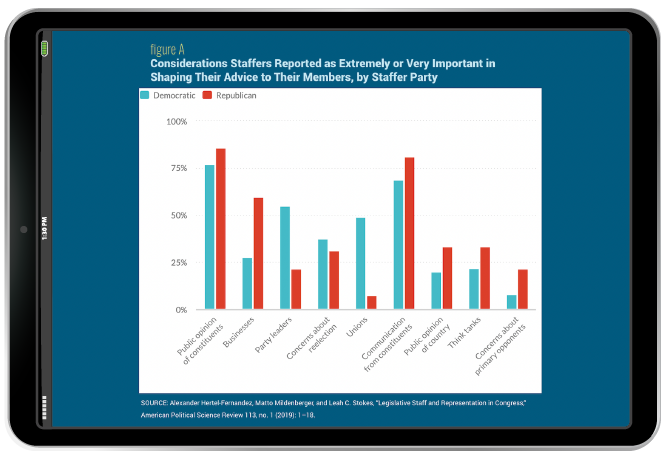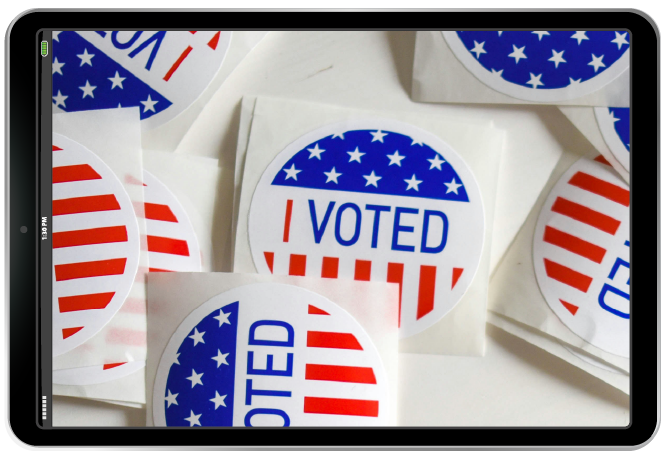


New case-study framework brings American government to life.
In the Eighteenth Edition, co-author Hahrie Han introduces an innovative new case-study framework, which utilizes real examples of individuals engaging with government to help students see their own significance in the political system. Additional features and pedagogy in the Norton Illumine Ebook help students make sense of data and see how they can use evidence to answer questions about American government.
Features of the Eighteenth Edition

Innovative case-study framework makes government personal.
Each chapter opens with an example of a person whose engagement with government provides insights on a key question: If, when, and how do people matter in the American political system? The case study is woven throughout the chapter and concludes with a summary of what happened to the individual.

Demystifies data for students.
Thinking Through the Evidence features (five new in the Eighteenth Edition) now include dynamic data figures and Check Your Understanding questions to help students explore contemporary political data. A quantitative literacy module in InQuizitive builds upon this further, with interactive question types that invite critical thinking about data figures from each chapter.

2024 digital election supplement provides expanded coverage of the 2024 election, including key issues and results.
An exciting new digital election supplement authored by Steve Ansolabehere, a veteran of the CBS News Election Decision Desk and the director of the Cooperative Congressional Election Study, helps students understand the policy issues that voters cared about, how the candidates shaped their platforms in response, and ultimately how voters decided. Available to adopters in January 2025.
Meet the Authors
Theodore J. Lowi
was the John L. Senior Professor of American Institutions at Cornell University. He was elected president of the American Political Science Association in 1990 and was cited as the political scientist who made the most significant contribution to the field during the decade of the 1970s.
Benjamin Ginsberg
is the David Bernstein Professor of Political Science, Director of the Washington Center for the Study of American Government, and Chair of the Center for Advanced Governmental Studies at Johns Hopkins University. Before joining the Hopkins faculty in 1992, Ginsberg was Professor of Government at Cornell University. Ginsberg’s published research focuses on political development, presidential politics, participation, and money in politics.
Kenneth A. Shepsle
is the George D. Markham Professor of Government and founding member of the Institute for Quantitative Social Science at Harvard University. He has been a member of the National Academy of Sciences and the American Academy of Arts and Sciences since 1990, and he is the recipient of fellowships by the Hoover Institution, the John Simon Guggenheim Memorial Foundation, and the Center for Advanced Study in the Behavioral Sciences. Shepsle’s research focuses on formal political theory, congressional politics, public policy, and political economy.
Stephen Ansolabehere
is Professor of Government at Harvard University. He has been awarded fellowships by the Carnegie Corporation Fellowship and the Hoover Institution. He served as a co-director of the CalTech/MIT Voting Project, established in the wake of the 2000 presidential election to evaluate the current state of the reliability and uniformity of U.S. voting systems and propose guidelines and requirements for reliable voting and performance. Ansolabehere’s research focuses on public opinion, elections, mass media, and representation.
Hahrie Han
is the Inaugural Director of the SNF Agora Institute, the Stavros Niarchos Foundation Professor of Political Science, and Faculty Director of the P3 Research Lab at Johns Hopkins University. She specializes in the study of organizing, movements, civic engagement, and democracy.
Instructors: Receive Digital Access


Copyright © W. W. Norton & Company, Inc. 2026



![Explore all [DISCIPLINE] titles](https://client-data.knak.io/production/email_assets/633dac4655ece/Kfkh4zDQtqhIwqOXNa7ERyoVwMUNKFeYQ6KOTIa2.png?utm_source=landing-page:66c4c316aa861)
![Watch [DISCIPLINE] online events](https://client-data.knak.io/production/email_assets/633dac4655ece/CxCTpzIUGYDJRIMl7C7WinG1GujAz1e3TJRcntap.png?utm_source=landing-page:66c4c316aa861)


